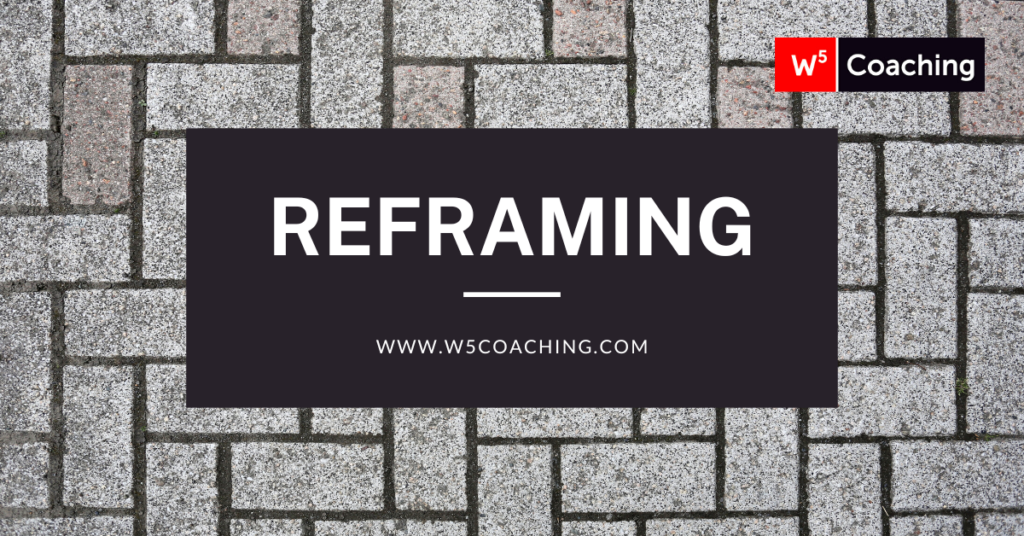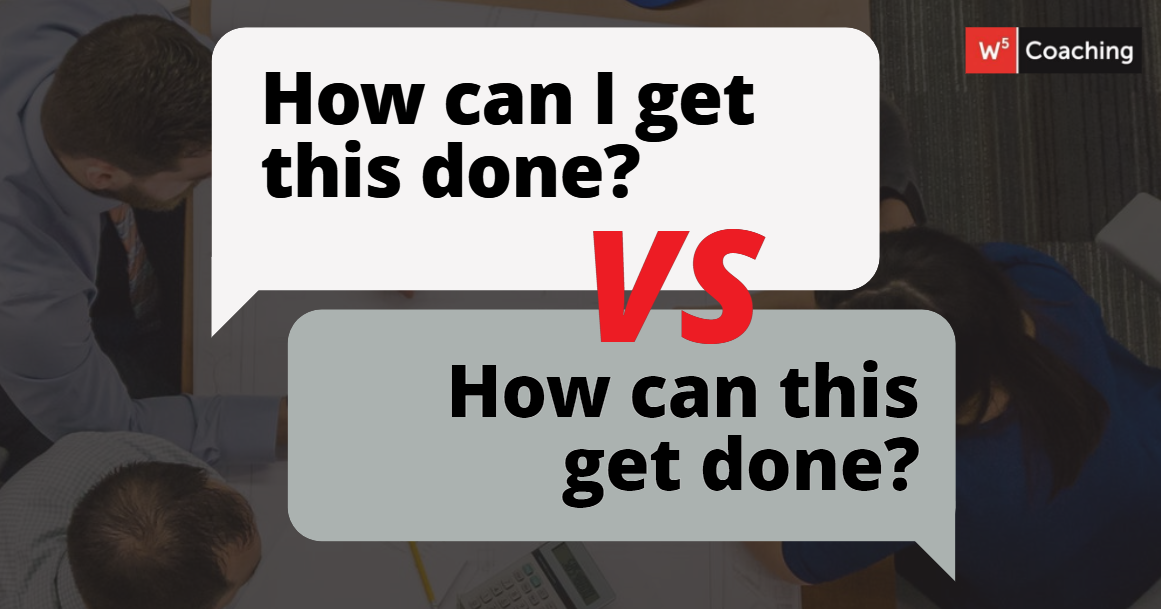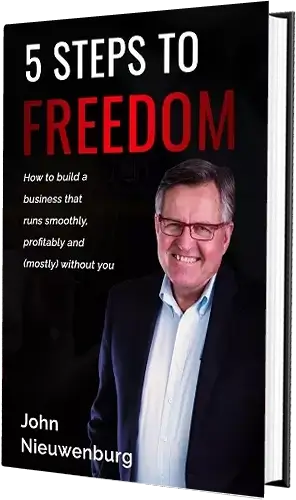3 Language Hacks to Propel You to Success

Is your mind working for you? Or against you?
A big part of my job as a coach involves listening.
By listening to the language my clients use, I get insights into their state of mind and their level of commitment.
For example, many people say that they are committed to their goals, but their language suggests otherwise.
Your mind is a powerful tool.
You can program it to work for you – setting yourself up for success.
Or you can do the opposite – and sabotage yourself without even recognizing that you’re doing it.
In this article, I’m going to share 3 of the most common sabotaging language patterns that business owners use – along with an empowering alternative that can instantly shift your thinking and improve your results.
Let’s dive in.
1. “How can I get this done” vs “How can this get done”
 When you ask “How can I get this done” you are automatically taking on the task yourself.
When you ask “How can I get this done” you are automatically taking on the task yourself.
You’re adding it to your already over-crowded to-do list and creating additional stress for yourself.
One small change in the language opens up multiple possibilities for clearing your schedule and taking the overwhelm out of your day.
Without being locked into a perspective that requires YOU to do it, you could delegate, automate, or hire a VA.
As one of my clients put it: I keep hearing John’s voice in my head asking, “couldn’t someone else be doing this?”
“How can this get done” is the executive leadership approach.
2. “I have to” vs “I get to”
Do you ever find yourself saying things like, “I have to take the kids to practice.” “I have to go to this meeting.” “I have to finish this project.” “I have to go to work today.” “I have to take care of this customer.”
We act as if we don’t have a choice. Like we’re being forced to do things we don’t want to do.
The truth is that you DO have a choice.
You might not like the consequences, but you could choose to not take your kids to practice, choose to skip the meeting, choose to not go to work, or choose not to take care of the customer.
By shifting your language to “I get to” you affirm that you are making a choice.
You’re also choosing your attitude.
It feels different to say “I get to take my kids to practice.” Or “I get to go to work.” Or “I get to take care of this customer.”
It introduces an element of gratitude. Gratitude for your kids. Gratitude for your business. Gratitude for your customers.
After all, do you “have to” take your spouse to dinner? Or do you “get to”? (And which would your spouse prefer?)
3. “I’ll try” vs “I will”
 Many years ago, I read Arnold Schwarzenegger’s book: Total Recall.
Many years ago, I read Arnold Schwarzenegger’s book: Total Recall.
His ability to set goals and to go after them as if they were non-negotiable made an impression on me.
In an interview long before he became a famous actor, the reporter asked him what his plans were now that he is retired from body-building.
In a calm voice, he said, “I’m going to be the number-one box-office star in all of Hollywood.”
In the book he explained further: “It’s the same process I used in body-building. What you do is create a vision of who you want to be, and then live into that picture as if it were already true.”
This is the difference between saying “I will” instead of “I’ll try.”
“I will” signifies total commitment.
“I’ll try” has a built-in escape clause.
Want to reach your goals? Make a non-negotiable commitment to do so.
Try this on as a mantra:
“The only thing left to negotiate is how much effort reaching my goal is going to take. The fact that I am getting what I want is not up for discussion. It’s not up for debate. With the right planning, my success is inevitable.”
Change your words and you can change your results
The words you speak can make the difference between joyfully moving towards certain success – or staying stuck, overwhelmed, and stressed out.
It’s your choice. Make it a good one.
One of the biggest challenges with shifting patterns like these is being conscious of them in the first place. This is one of the reasons why coaching is so effective. If you’d like some outside perspective from an ally in your success, book a 15-minute call to discuss coaching here: Book a Call with John

Build a Self-Managing Company
How to build a business that runs smoothly, profitably, and (mostly) without you.
Feeling stressed out and overwhelmed with a business that is taking all your time - and not giving you enough in return?
Are you finding it challenging to hire the right team (and get them to do the right things)?
I wrote this little guide for you!
Enter your details below to receive your free copy!
